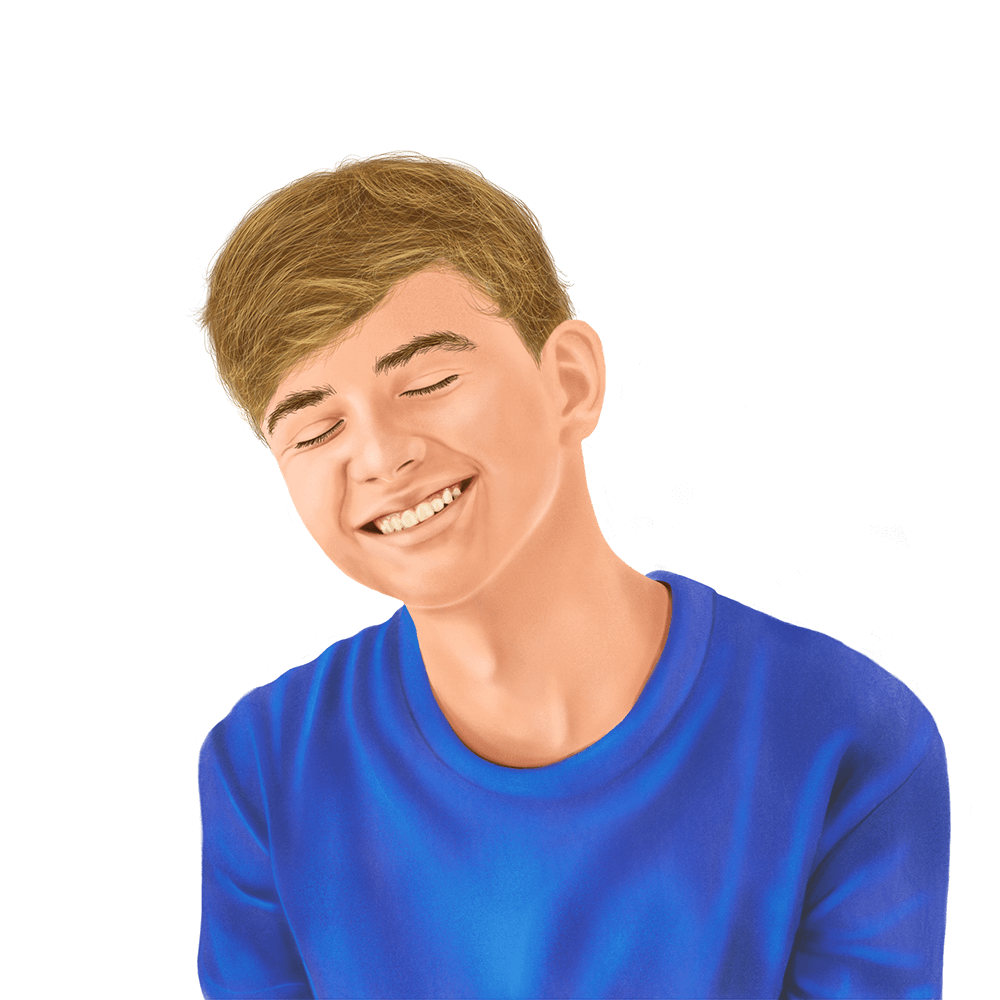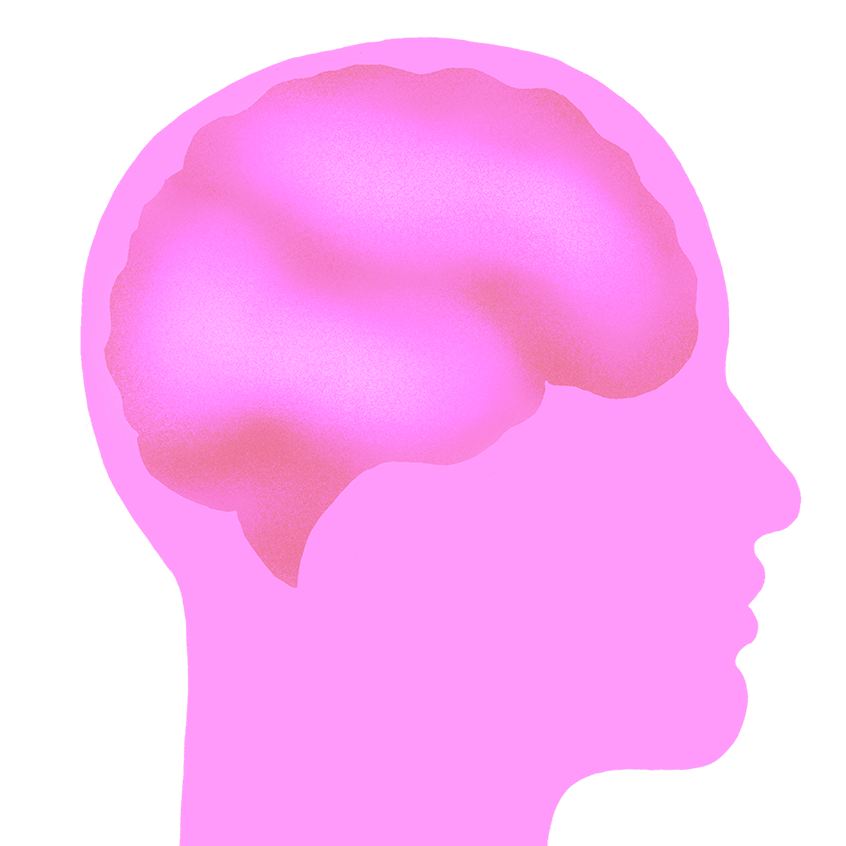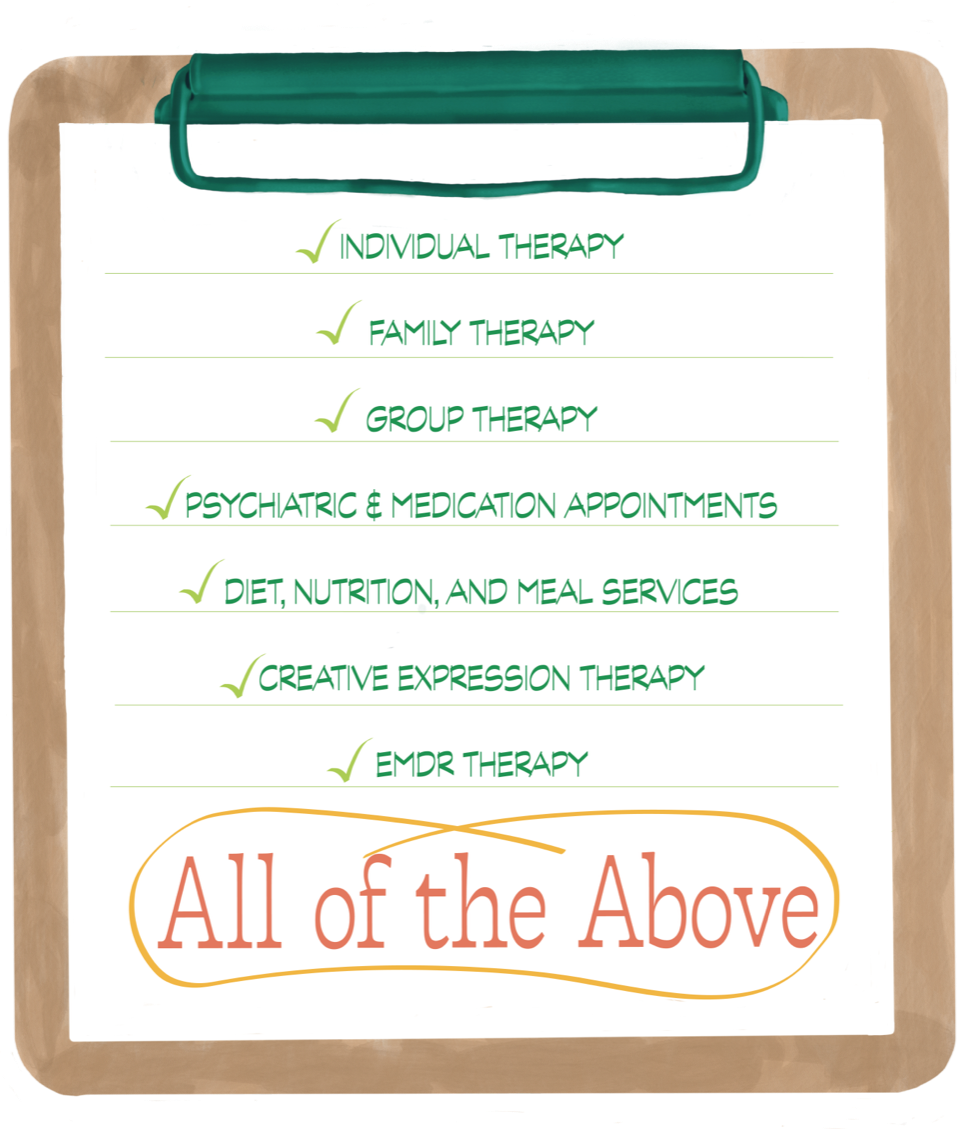Core Recovery offers multiple forms of intensive outpatient (IOP) and partial hospitalization (PHP) programming for adults and adolescents.
The guide below will help you navigate to the treatment program(s) that are best suited to your needs.








(3-5 Days Per Week)
(5 Days Per Week)
(3-5 Days Per Week)
(5 Days Per Week)
Core Recovery offers intensive outpatient (IOP) and partial hospitalization (PHP) treatment services for Addiction for Adults:
(3-5 Days Per Week)
(5 Days Per Week)
Core Recovery also offers programming that combines treatment for addiction
with treatment for co-occurring mental health and eating disorders:
(3-5 Days Per Week)
(5 Days Per Week)
Core Recovery offers intensive outpatient (IOP) and partial hospitalization (PHP) treatment services for Eating Disorders for Adults:
(3-5 Days Per Week)
(5 Days Per Week)
Core Recovery also offers programming that combines treatment for eating disorders
with treatment for co-occurring mental health and addiction disorders:
(3-5 Days Per Week)
(5 Days Per Week)
Core Recovery offers intensive outpatient (IOP) and partial hospitalization (PHP) treatment services for Mental Health for Adolescents:
(3-5 Days Per Week)
(5 Days Per Week)
Core Recovery also offers programming that combines treatment for mental health
with treatment for co-occurring addiction and eating disorders:
(3-5 Days Per Week)
(5 Days Per Week)
Core Recovery offers intensive outpatient (IOP) and partial hospitalization (PHP) treatment services for Addiction for Adolescents:
(3-5 Days Per Week)
(5 Days Per Week)
Core Recovery also offers programming that combines treatment for addiction
with treatment for co-occurring mental health and eating disorders:
(3-5 Days Per Week)
(5 Days Per Week)
Core Recovery offers intensive outpatient (IOP) and partial hospitalization (PHP) treatment services for Eating Disorders for Adolescents:
(3-5 Days Per Week)
(5 Days Per Week)
Core Recovery also offers programming that combines treatment for eating disorders
with treatment for co-occurring mental health and addiction:
(3-5 Days Per Week)
(5 Days Per Week)

Core Recovery is a state of Arizona licensed outpatient mental health facility. We provide integrative care services for adults and adolescents struggling with mental health, addiction, trauma, and eating disorders.
Our integrative care team provides psychiatric assessment, diagnosis, medication-assisted treatment, group therapy, individual counseling, family system counseling, and trauma therapy.
Our highly skilled specialists work together to build a comprehensive treatment plan based on your personalized needs and goals to help you feel better sooner.
Patients at Core Recovery receive customized treatment plans that are tailored to their needs. This table provides an overview of what services patients can generally expect to receive as part of each treatment program.
| Adult IOP | Adult PHP | Adolescent IOP | Adolescent PHP | |
|---|---|---|---|---|
| Individual Therapy | ||||
| Family Systems Therapy | ||||
| Group Therapy | ||||
| Psychiatric & Medication Services | ||||
| Creative Expression Therapy | ||||
| Diet & Nutrition Counseling | Mandatory for eating disorder program participants. Optional or as clinically indicated for all other patients. |
|||
| EMDR | If clinically indicated. | |||
| Supervised Education | Optional | |||






Have questions? Want to schedule an appointment? Submit this form and a team member will contact you promptly.

© 2010 Optimized360 LLC. Mental Health Website Designed With 